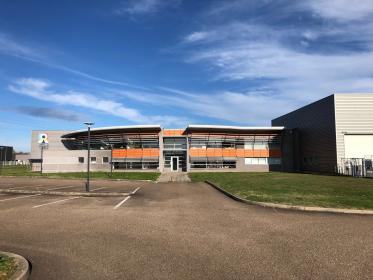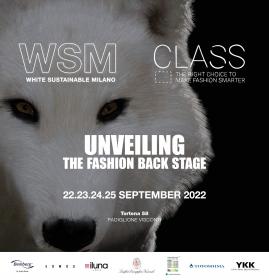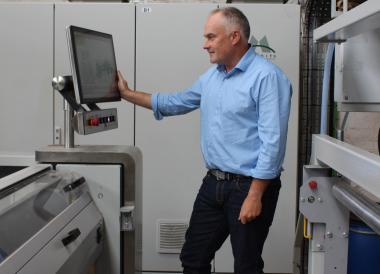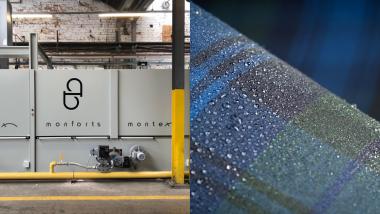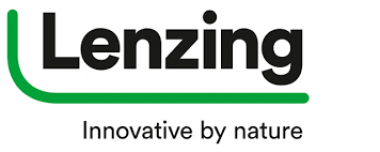Carbios publishes results of consumer research study about plastic circularity
- Carbios’ biorecycling and biodegradation technologies internationally recognized by consumers as promising answers to their top environmental concerns
- Carbios’ innovations considered one of the best for solving recycling effectively and achieving a real plastic circularity
- Consumer research including qualitative and quantitative fields was conducted between March and August 2022. The research institute, Strategic Research, conducted 6000 interviews in Europe and USA
Carbios’ biorecycling and biodegradation technologies acclaimed by consumers
During the first research field study, respondents were exposed to Carbios’ biorecycling process; a new enzyme-based biotechnology that enables biological recycling of all types of PET plastic waste (including bottles, packaging and textiles), and pushes the boundaries of recycling in terms of the number of cycles.
The research results demonstrated that European and US respondents find Carbios’ biorecycling technology more unique and innovative than traditional PET recycling (i.e. thermo-mechanical recycling), as well as more relevant in its ability to address their concerns and challenges regarding recycling.
In the second research study, conducted in the US, respondents were also exposed to Carbios’ biodegradation technology: an innovative enzymatic solution by which an enzyme is incorporated into plastics during the production process of bio-sourced PLA plastics (corn, sugar cane). This approach makes the material made from plants 100% compostable at ambient temperatures and degradable like plants with the built-in enzyme biologically breaking the bioplastic down in less than eight weeks without microplastics or toxic residues; creating a fully organic circularity.
Similarly to Carbios’ biorecycling technology, Carbios’ PLA biodegradation innovation caught US respondents’ attention with 64% overall liking it. Additionally, 93% of the respondents sampled described the concept as innovative, unique, easy to understand (49%), and believable (43%). Up to 82% of the most environmentally engaged respondents declared they would definitely buy more products made with Carbios’ fully circular biodegradable bioplastic.
Consumers: No other choice but to make plastic fully circular
The research says 99% of the respondents consider it important to protect the environment, while plastic pollution is now ranked the third most-concerning environmental issues after climate change and ocean pollution.
This awareness brings most of these consumers to be environmentally active when it comes to purchasing goods and sorting. For the US respondents, eco-friendly packaging comes in the fourth place in terms of purchase drivers for packaged goods and 65% of them declare sorting plastic from general waste on a regular basis, which makes plastic the most sorted type of waste.
Nevertheless, for a vast majority of the respondents across geographies, even if they would like to reduce their plastic consumption most of the time there is no suitable alternative that is as convenient, light, and cost-efficient as plastics. Hence in an ideal world, consumers would like all plastic waste in landfills and oceans to be collected, cleaned, reused and recycled.
Carbios















